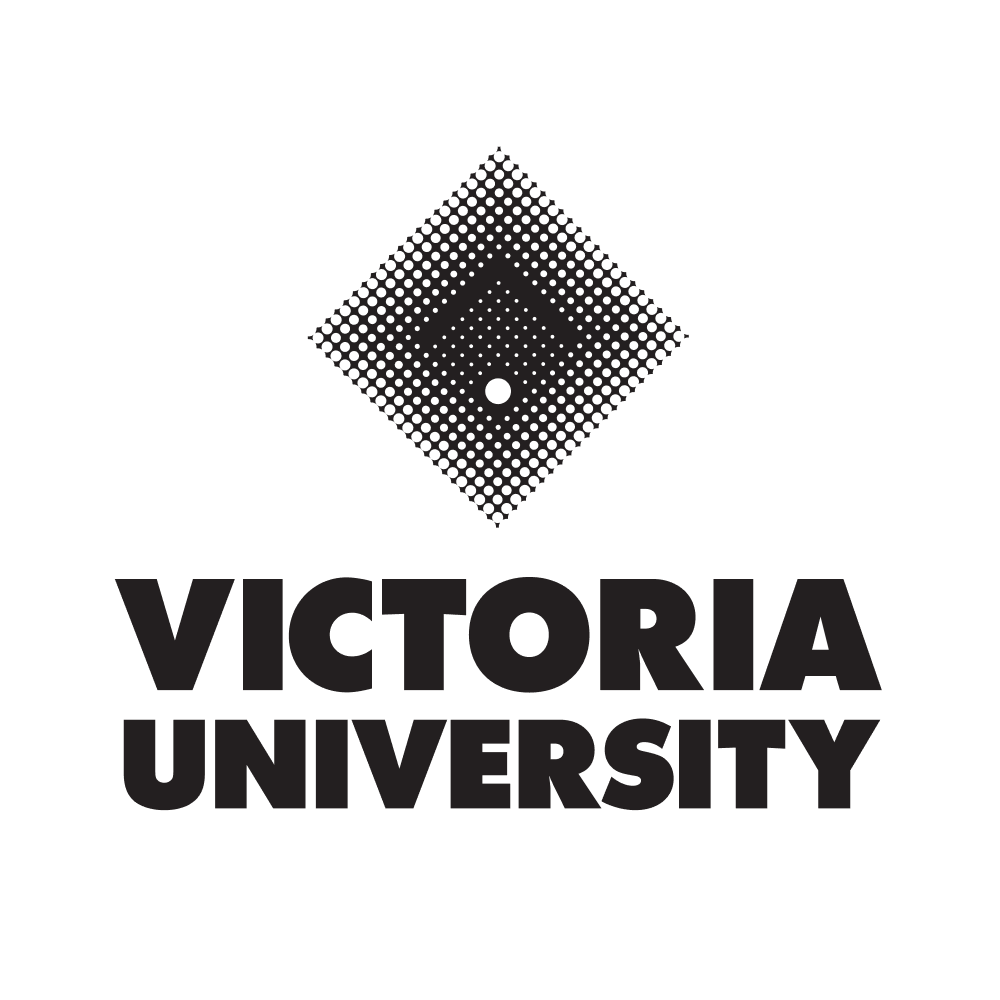In This Article

What it means to be a CFO
A chief financial officer (CFO) is the highest-level financial executive within an organisation.
Forming part of the C-suite of executives — which includes chief executive officers (CEOs) and chief operating officers (COOs) — the CFO oversees all aspects of finances, including investments, expenses and income management. It’s an essential role within any organisation that requires the right skills to succeed.
Professional services network Deloitte identified four diverse roles of steward, operator, strategist and catalyst that CFOs play in today’s organisations. These executives preserve a company's assets, manage an efficient financial operation, strategise and direct towards the future, and apply an economic mindset that helps the business.
CFO salary and job satisfaction
A CFO is one of the most crucial positions within an organisation, and it’s a job that comes with a lot of responsibility — and reward.
According to SEEK, the average CFO salary in Australia is between $180,000 to $200,000. An entry-level CFO usually starts at $140,000 per year, and at the higher end of salary expectations, an experienced CFO averages around $230,000.
But it’s not only about the money.
According to recruitment agency Hays, job satisfaction for CFOs is high. Of 500 Australian and New Zealand CFOs surveyed, 76 per cent said they would choose to be a CFO again if they had a chance to reshape their careers.
Deloitte’s survey of Australia’s CFOs found that 75 per cent of CFOs surveyed were optimistic about the financial futures of the companies they work for. In short, the horizon looks good for this profession.
Meet a CFO
Judith Yang is the CFO of UNSW Global and has decades of experience in the finance industry. After discovering a passion for accounting while studying operations management, she transferred to a Master of Professional Accounting. This would propel her towards the career path that would eventually lead to becoming a CFO.
We spoke with Judith about the benefits of being a CFO, her journey towards this role and how studying for an MBA boosted her professional and personal prospects. Below, we’ll uncover what this role entails and whether a career as a chief financial officer is in your professional future.
What it takes to get into management
Hays surveyed 500 CFOs in Australia and New Zealand about their career paths. Two-thirds rated commercial acumen as the most critical skill a CFO should have, followed by people management and strategic planning.
Judith echoes this sentiment and provides thoughts on what she found to be crucial to get into a management position and succeed as a CFO. "Negotiation, strategy, management and business skill sets are all important," she says.
"You need to be aware of the changes in the market and be on top of technologies, products and services. You must understand people. And you must be able to negotiate and sell your ideas continuously."
These skills all come into play on an average work week when a CFO might be required to:
- Ensure the organisation complies with financial regulation
- Develop financial and business strategies for the company
- Manage short- and long-term financial planning and analysis
- Communicate with internal and external stakeholders on value and risk issues
- Provide leadership for the organisation and finance department
- Create financial reports and budgets
The benefits of being a CFO and what they do for their organisation
One of the most significant benefits of being a CFO is that their talents are always in high demand. As an integral part of business and our everyday lives, the need for skilled professionals like CFOs who can expertly navigate, strategise and manage corporate and commercial finances is ever-present.
For Judith, being a CFO is about the ability to be a decision-maker within an organisation.
"You can have a bigger voice. You can share your ideas about how the business can operate more efficiently and continue to grow. And these ideas are never undervalued."
Those with experience in business, accounting, commerce or other relevant fields are drawn to the role for another prominent reason: they’re able to combine their financial expertise with their business acumen. In doing so, they can oversee the financial health of their organisations, which can be a satisfying reward.
How to become a CFO in Australia
There is no set path to take if you wish to pursue a career as a CFO. However, Judith witnessed two professional routes that her colleagues charted, highlighting how different the journey can be for everyone.
"One was the traditional way of becoming a CFO, which I followed. It was about studying accounting degrees and gaining experience in finance as I moved into more senior-level management positions.
"The other was to come from a background in marketing or operations,’ she says. These people were able to build a finance skill set as senior executives that allowed them to transition to the role of CFO."
There’s no need to stop here either. Can a CFO become a CEO? If this is your ultimate career goal, it’s just one of the possibilities available to you when you earn an MBA.
What to study to become a CFO
There are many study paths to take if you hope to advance your career and become a CFO. However, regardless of the path you choose, tertiary education does offer a unique advantage.
According to Hays’ survey of CFOs, 99 per cent of the surveyed professionals had a degree. Of the degree holders, over half of them had an MBA.
As for other qualifications, a certified practising accountant (CPA) was the most popular, with 44 per cent of CFOs having this certification.
For Judith, earning an MBA was necessary to continue her commitment to learning.
"I never stopped studying throughout my career. I was an ambitious person before, and I will continue to be ambitious, so I want to be ready for any opportunities that arise."
How an MBA can help get you where you want to be
An MBA offers the perfect opportunity to futureproof your career with a versatile qualification. Do you have your sights set on becoming a CFO? Let’s take a look at how an MBA can help.
Adaptable skill set
As an MBA graduate, Judith saw firsthand how beneficial the degree was for her role as a CFO. "The MBA helped because it expanded my knowledge beyond what an undergraduate degree could have offered," she says.
In addition to a strong background in finance, an MBA gave her a holistic set of skills a manager should have, including skills in strategy, marketing and conflict resolution.
Networking opportunities
Undertaking an MBA allows you to connect with professionals from all industries. You’ll learn how other professional backgrounds shape decision-making and thinking, so it expands your scope beyond what you know.
Flexible study
With 100 per cent online delivery models, the modern MBA program is flexible enough for professionals to study without sacrificing their careers.
"I’m a firm believer in lifelong learning, but the study has to be flexible," Judith says. "You need to make sure you’re still doing your job effectively. Online study lets you progress at your own pace and allows you to scale up."
MBA in finance courses
CFOs are expected to have excellent financial acumen to make vital business decisions that can impact organisational performance. There are plenty of Australian universities that offer MBA programs with a finance specialisation that can help students acquire both core business and financial competencies. Pursuing this specialised MBA is a great option for finance professionals looking to enter leadership and management roles.
Find out some options below.


The Master of Business Administration (Finance) provides a comprehensive foundation in core business principles with a specialisation in finance. This course is designed to prepare leaders to learn the latest concepts which can be applied to finance roles immediately.
You will learn how to take advantage of technology to better manage a company’s accounts and capital as well as make critical investments and business decisions. This MBA course has industry engagement embedded, with a total of up to 36 weeks of experience available through Work Integrated Learning and industry programs.
The course is designed to provide a strong foundation of business knowledge, skills and attitudes to support ethical, global business management of organisations including private sector business organisations, not-for-profit organisations and public organisations. Through experiential learning techniques, students will develop knowledge and skills to conduct independent research, carry out industry and discipline-related projects, and relate their learning to their individual business experience.


VU Online's MBA (Finance) isn’t just about numbers. It’s also about gaining the financial knowledge to drive corporate strategies and engaging in discussions resulting in optimal business decision-making.
Across 12 specialist units of study, you’ll develop the strategic, analytical and financial skills demanded of today’s senior business leader. You’ll also network with a community of like-minded peers via VU Online's intuitive and immersive online learning environment.


Unlock the skills required to be highly effective in a contemporary business environment, where the success of an organisation hinges on the adept management of rapid financial changes.
Build a highly valued skill set by accessing insights and economic topics not addressed in conventional business programs. Choose from a range of elective courses to complement your business and finance studies and tailor your Master of Business Administration (Finance) to suit your career path.
Your future as a financial leader awaits
A CFO is one of the highest-level executives within a company, responsible for an organisation's future and ongoing financial health. With a versatile qualification like an MBA, you’ll find the path towards this career much easier to navigate.



















